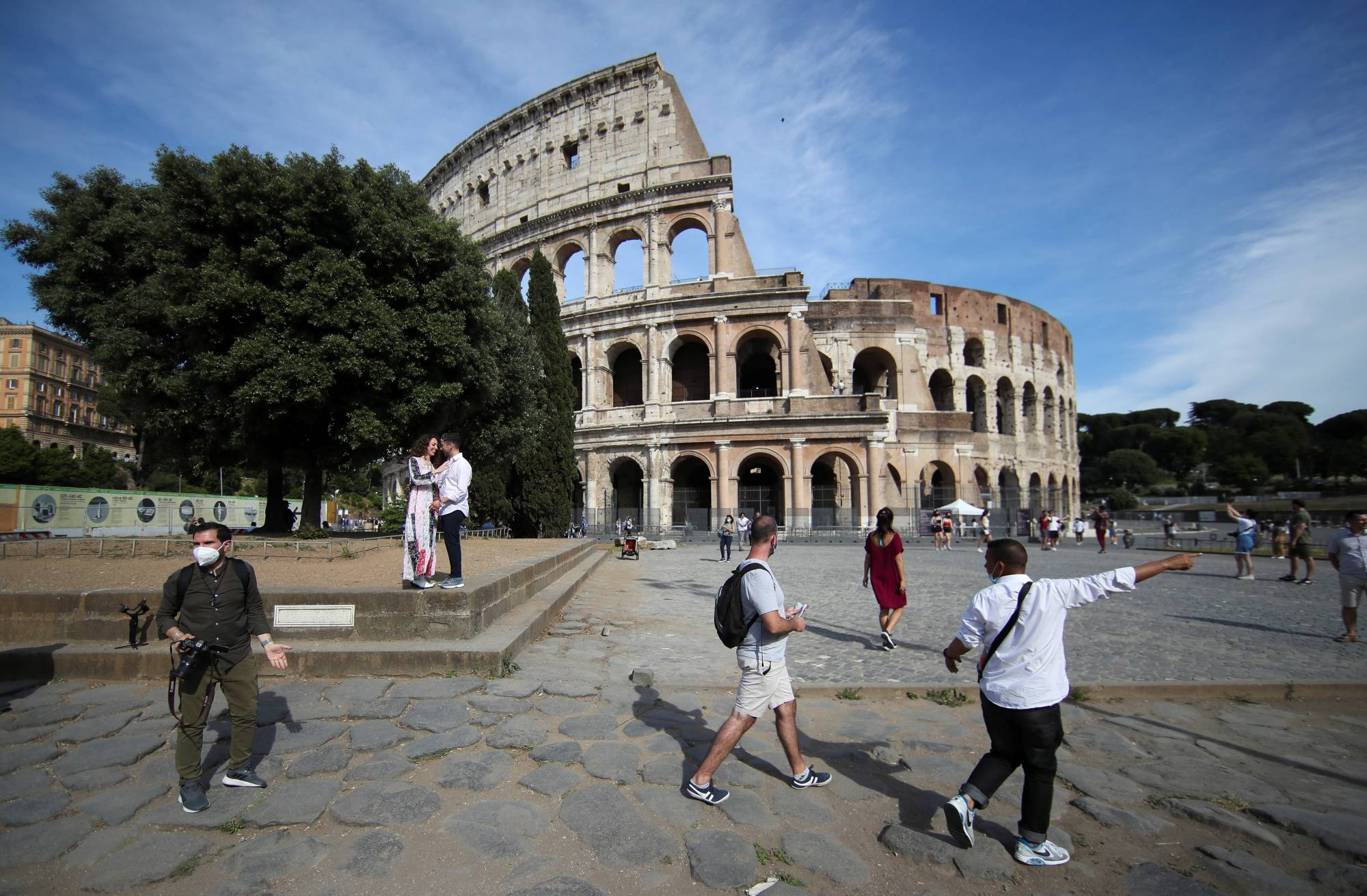The economic and social crisis that’s driving support for Italy’s hard right ahead of the Sept. 25 elections is making the euro zone’s third-largest economy vulnerable to even deeper infiltration by organized crime.
In a speech in May, one of his last before the collapse of his government, Prime Minister Mario Draghi warned that organized crime had "assumed new but equally fearful forms.” Beyond violence — and the threat of violence — "organized crime has insinuated itself into the boards of companies,” he said. "They pollute the economic fabric from the real estate sector to wholesale supply chains.”In its search for profit and power, organized crime — from the Cosa Nostra in Sicily, to the Camorra in Naples and the ‘Ndrangheta in Calabria — has extended its tentacles from the south deep into Italy’s wealthy industrial north. Overall, Italy’s criminal groups control about 9% of the economy, according to various estimates.
Draghi’s immediate concern was the risk to the €260 billion ($261 billion) of European Union recovery funds programmed for Italy by 2026. While mobsters found new ways of making money during the pandemic — muscling in on mask production and funeral services — the EU cash offers a fat new target.



